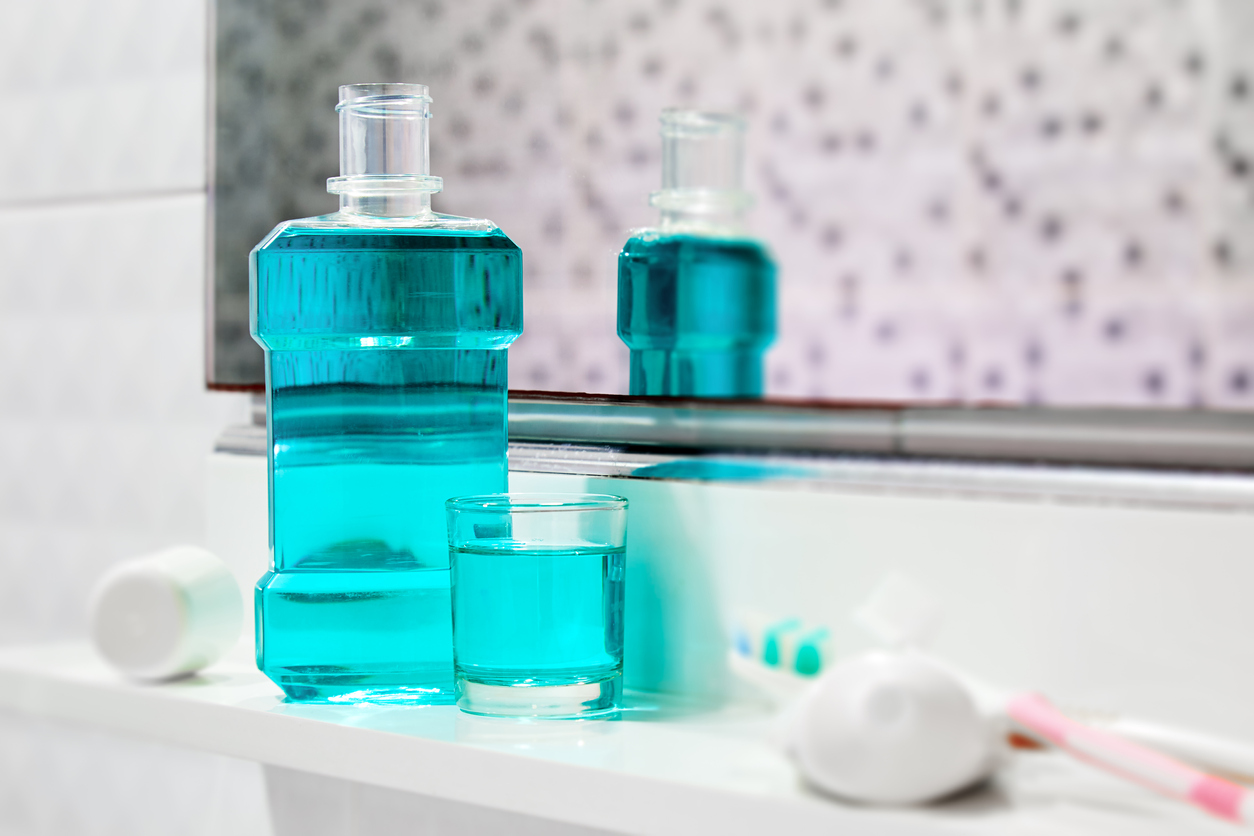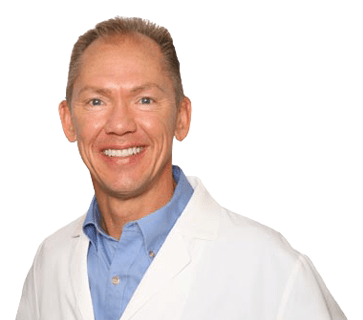The effectiveness of mouthwash is a highly debated topic in the field of dentistry. Some dentists recommend it to patients for a variety of reasons and other dentists don’t. Patients may choose to use mouthwash as a breath freshening agent or to help their mouth feel cleaner.
But does mouthwash really work? It ultimately depends on your expectations. Mouthwash may be effective in some ways but not necessarily in others. Here’s what mouthwash can do for you.
What Can Mouthwash Do?
Mouthwash may be able to help with the following:
- Freshen breath. If you want to freshen your breath after eating or sleeping, rinsing with mouthwash may help to reduce bad breath. If you have chronic bad breath, certain mouthwashes can help by neutralizing bacteria in your mouth.
- Reduce bacteria levels. Mouthwash can be effective at killing bacteria in your mouth. It can’t eliminate all of the bacteria, because a healthy population of bacteria in your mouth is good, but it keeps the levels in check.
- Reduce the risk of tooth decay. By reducing bacteria levels in your mouth and rinsing food residue off of your teeth, mouthwash can reduce the risk of tooth decay. Food residue left on your teeth collects bacteria and turns into plaque, which is the cause of cavities.
- Reduce the risk of gum disease. Reducing bacteria levels in your mouth can also reduce the risk of developing gum disease, which is a bacterial infection of the gums.
- Provide extra fluoride. Some mouthwashes contain fluoride, which is a mineral that fortifies your tooth enamel. Stronger enamel means fewer cavities.
- Help with dry mouth. If you suffer from dry mouth, either from natural causes or due to a medication you take, there are mouthwashes designed especially for this condition. Mouthwashes for dry mouth can help your salivary glands to make more saliva, which not only helps your mouth feel better, but reduces the risk of tooth decay.
- Reduce sensitivity. Some mouthwashes contain ingredients that can reduce tooth sensitivity. If your teeth are sensitive to cold, heat, or sugar, a sensitive mouthwash may help relieve it.
- Whiten teeth. There are mouthwashes available that contain bleaching agents to whiten your teeth. It may work best when used with a whitening toothpaste.
- Rinse food residue off your teeth. Rinsing with mouthwash after eating will rinse some of the food residue off your teeth in situations where you are not able to brush.
Whether or not mouthwash works for you depends on what you are trying to achieve and what type of mouthwash you use. Most dentists recommend a mouthwash with fluoride that does not contain alcohol. If you have specific concerns, ask your dentist if there is a mouthwash that could help.
What Mouthwash Can NOT Do
Although mouthwash may help maintain or improve your oral health, there are still some things it is not capable of doing:
- Mouthwash can not replace brushing. It is still necessary to brush your teeth to remove food residue and plaque. Rinsing with mouthwash can remove some food residue, but it is not as effective as brushing.
- Mouthwash can not replace flossing. Although mouthwash can get in between your teeth and in other small areas of your mouth, it cannot remove plaque from your teeth the way flossing can.
- Mouthwash can not replace professional dental cleanings. Just because you add mouthwash to your oral hygiene routine doesn’t mean you don’t need regular dental cleanings and gum care. You should still go to the dentist every 6 months for preventative dental care.
Wondering if Mouthwash is Worthwhile? Ask Creekview Dental
Does mouthwash really work? Is it worth the time and money? Ask Dr. Haag at Creekview Dental when you go in for your next dental visit. We will assess your oral health and determine whether or not mouthwash would be effective for you.
Call 651-738-8204 or contact us today to schedule an appointment. We look forward to providing you with quality dental care.


